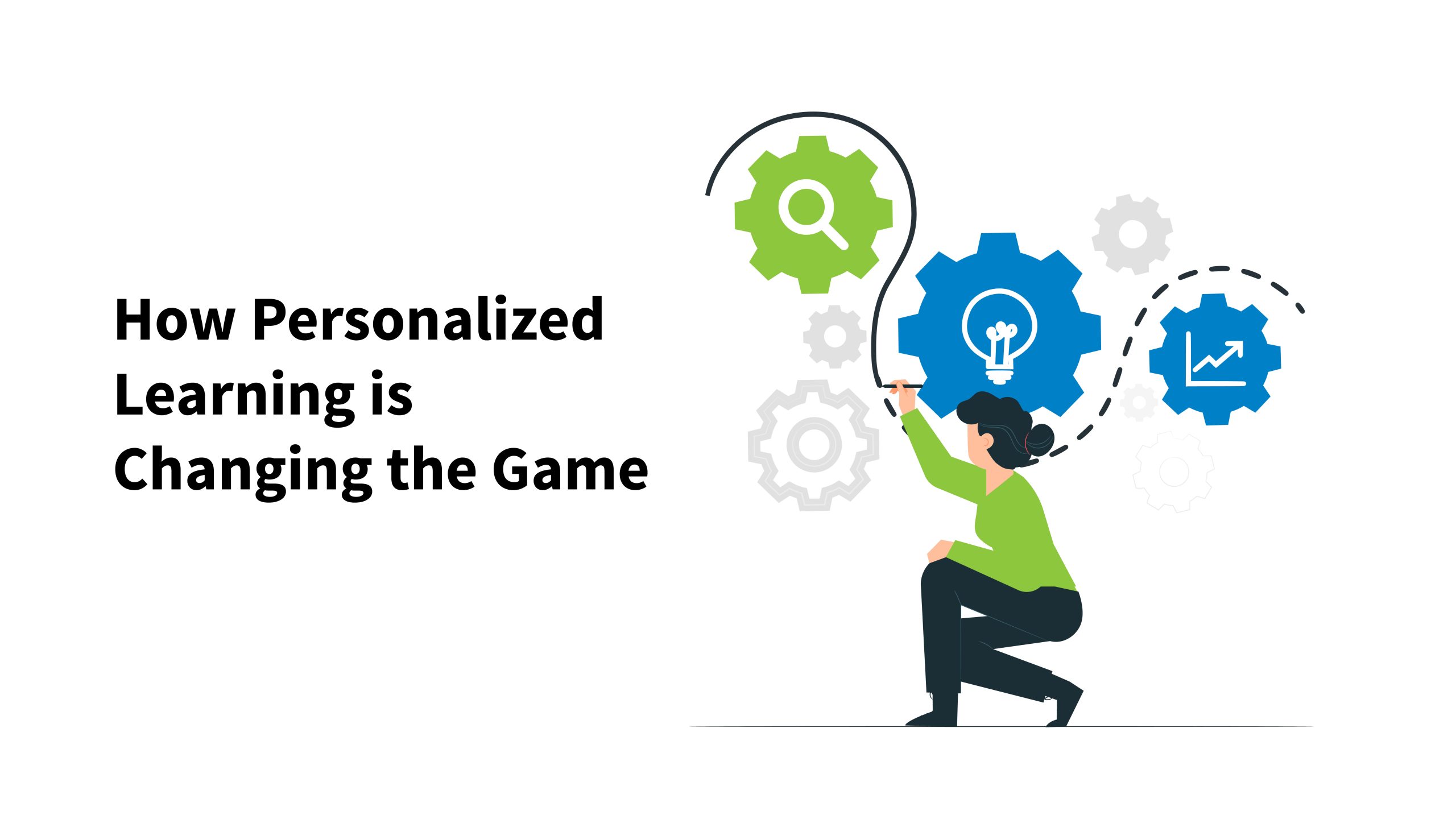Introduction:
In recent years, the education industry has experienced a tremendous shift from traditional classroom learning to digital education. This shift is facilitated by the emergence of advanced technology, like LMS, AI, and ML. LMS has changed the way students access educational materials and the way educators deliver courses. According to Fortune business insights, the LMS market size was USD 14.43 billion in 2021 and is projected to grow from USD 16.19 billion in 2022 to USD 40.95 billion by 2029, at a CAGR of 14.2% during the forecast period.
In this blog, we will explore the best practices for selecting, implementing, and managing LMS platforms. We will also highlight the benefits of using ed-tech LMS platforms and the key features to consider when selecting an LMS platform.
Benefits of LMS Platforms:
LMS platforms offer a wide range of benefits to both educators and learners. Some of the benefits include:
- Access to educational materials anytime anywhere
LMS platforms should allow educators to store all educational materials in one central location. Most of the LMS platforms enable centralised storage of course materials but making it accessible for students at any time and anywhere is another ball game.
TriByte’s LMS is a cloud-based platform that works offline, this enables students to access these educational materials from anywhere at any time without limitations of internet connectivity.
- Adaptive Learning Paths
Educators can create learning paths for students using LMS platforms. While instructors can control the flow of courses, the use of adaptive learning paths is a new and effective method of delivering courses.
With adaptive learning features, TriByte LMS platform delivers custom content to students based on their needs and progress, ensuring optimal learning outcome
- Learner Engagement
While many LMS platforms provide course management systems and allow for course flow creation, a significant number of them overlook the critical aspect of learner engagement.
Tribyte LMS platform engages learners with notifications, and in-depth analytics about progress and also enables collaborative learning through forums. Forums are an effective tool to promote doubt clearance through one-on-one, one-to-many, and peer learning.
- Multiple Pedagogies
Learning management systems were originally designed to facilitate digital learning. However, with the onset of the pandemic, digital classes became the norm. Now, as we move past the pandemic, there are multiple pedagogies available to teachers for engaging with students.
Educational institutions have moved from traditional teaching methods to digital, self-paced, live classes, blended learning, etc. and TriByte has built a robust platform to support these.


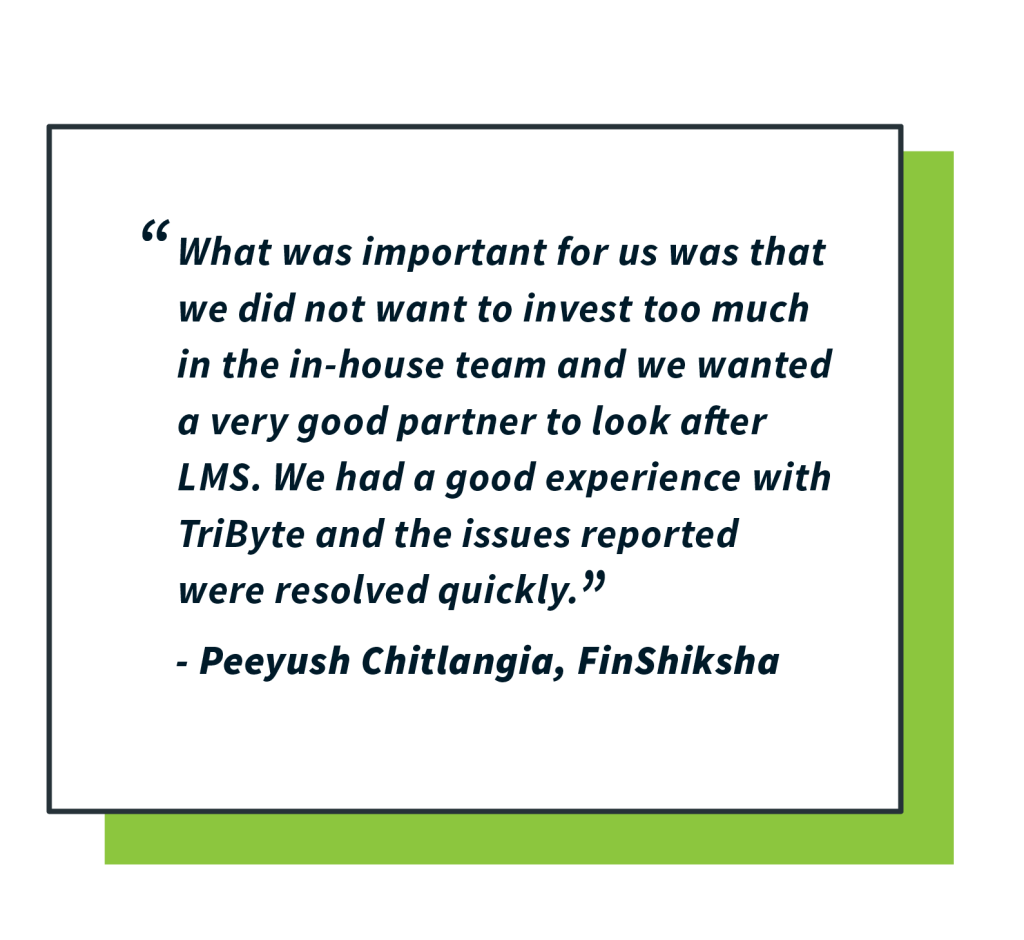

Key Features to Consider when selecting an LMS Platform:
When selecting an LMS platform, it is crucial to consider key features that will enhance the learning and teaching experience. User-friendliness is essential, as the LMS platform should be easy to navigate and use. Integration with other tools, such as payment gateway and CRM, can benefit the institute.
Accessibility through mobile is critical to enable students to access study materials from anywhere at any time. Customization options allow educators to tailor the learning experience to meet the unique needs of their students. To get a clear understanding of the most important features to look out for you may read our blog on 7 Amazing Features of a Futuristic LMS in 2023.


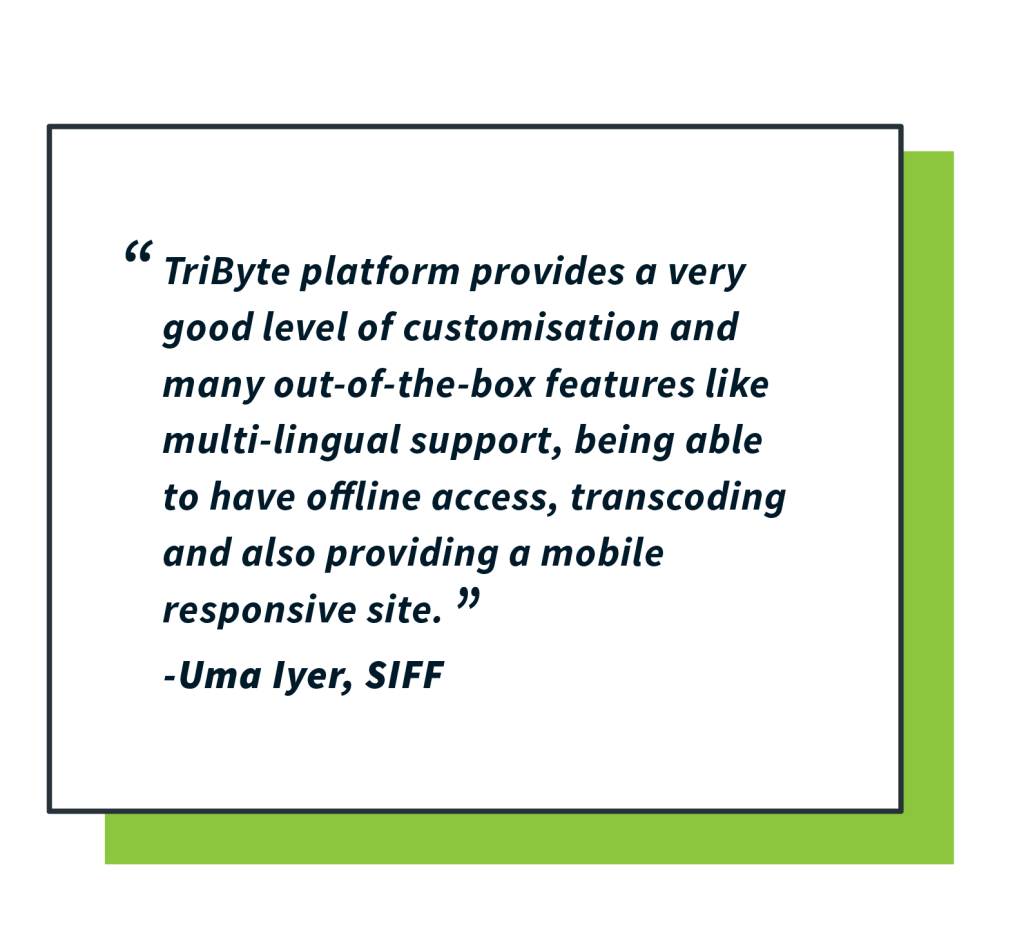

Best Practices for Selecting, Implementing, and Managing LMS Platforms:
- Identify Your Needs – Before selecting an LMS platform, identify your needs and requirements. Consider factors such as the size of your institution, the number of students, the type of courses you offer, and your budget.
- Research LMS Platforms – Research different LMS platforms and compare their features and pricing. Consider factors such as user-friendliness, customization, branding options, and security. It is a good practice to evaluate the LMS with some of your teachers.
- Pilot Tests – Pilot tests the LMS platform with a small group of educators and students before implementing it on a large scale. This will enable you to identify any issues and make necessary adjustments.
- Train Educators and Students – Provide adequate training to educators and students to ensure they are proficient in using the LMS platform. This will ensure a smooth transition from traditional classroom learning to online learning.
- Monitor and Evaluate – Monitor the usage of the LMS platform and evaluate its effectiveness. This will enable you to identify areas that require improvement and make necessary adjustment
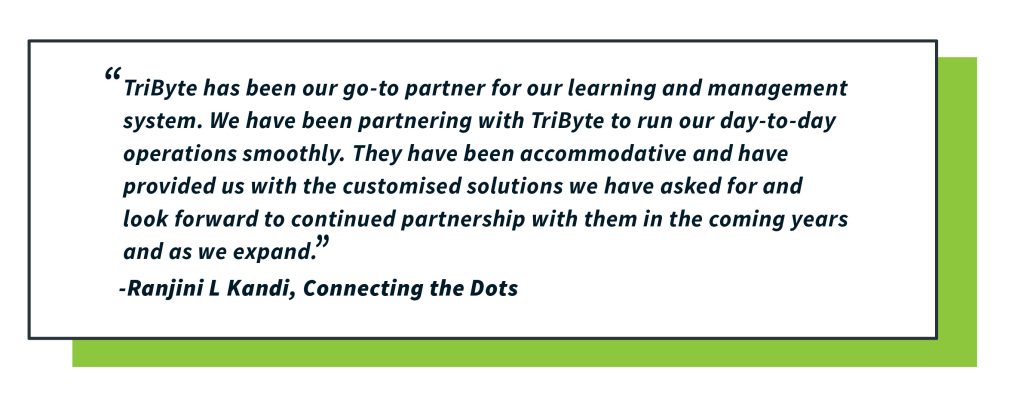

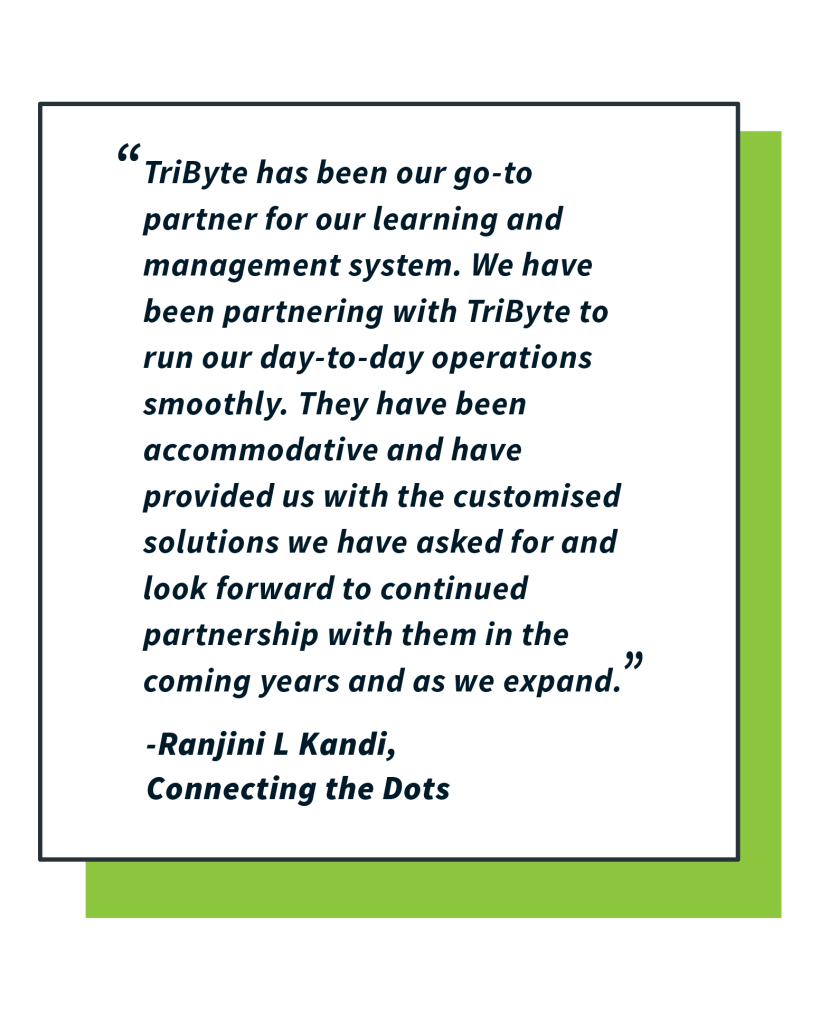

Selecting, implementing, and managing an LMS platform requires consideration of the key features. Institutions should identify their needs, and test LMS platforms before implementation. To get the most out of the ed-tech LMS platform, train tutors to use the platform and monitor and evaluate usage. By embracing LMS platforms, institutions not only can expand their student base, but also enhance the quality and accessibility of education for all learners.


